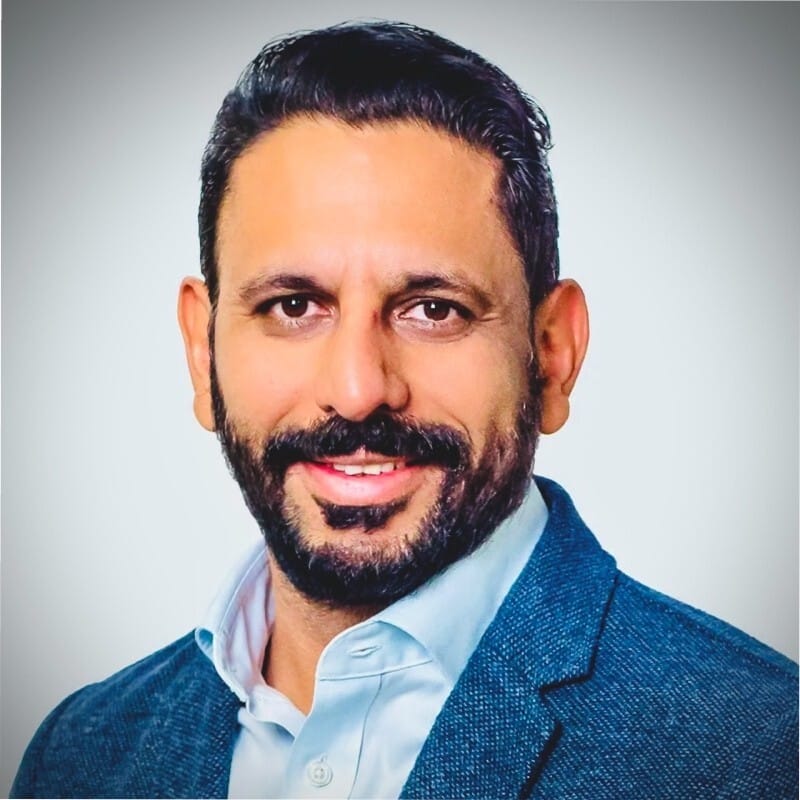- CIOsurge
- Posts
- 🛡️ Chrome extension compromise exposes millions to data theft
🛡️ Chrome extension compromise exposes millions to data theft
Chrome Extension Data Theft, Cloud Architect Strategies, Black Duck and MDI CIO Hires


Powered by Single Fin
Welcome to this week’s edition of CIOsurge!
This week:
A phishing attack compromised 35 Chrome extensions, exposing over 2.6 million users to data theft.
Enterprise cloud architects are key to aligning cloud adoption with business goals, avoiding fragmented strategies.
Black Duck Software and MDI make impactful CIO hires to drive digital transformation and innovation.
Let’s make this week a game-changer.
Stay sharp. Stay ahead.
🛡️ Chrome extension compromise exposes millions to data theft
A phishing campaign has compromised 35 Chrome extensions, impacting over 2.6 million users. Hackers injected malicious code into legitimate extensions, stealing cookies and access tokens. Cyberhaven disclosed the breach, which targeted its extension on December 24. Some extensions remain vulnerable despite removal from the Chrome Store, raising security concerns for IT professionals.
This incident serves as a crucial reminder of the hidden vulnerabilities in browser extensions. Browser-based threats often evade traditional endpoint defenses, yet they have extensive permissions that can expose sensitive corporate data. IT leaders must audit installed extensions, enforce strict permissions policies, and educate teams on identifying phishing campaigns targeting developers.
Organizations should also consider deploying browser security solutions that monitor for and mitigate extension-based threats in real-time. This breach underscores the importance of treating browser extensions as potential attack vectors, requiring the same vigilance as any other endpoint software.
- Zack Tembi
☁️ The role of enterprise cloud architects in driving cloud adoption
Enterprise cloud architects are essential for navigating the complexities of cloud adoption, which requires a multiyear, programmatic approach. Acting as the backbone of the Cloud Center of Excellence (CCOE), they align cloud strategies with business goals, ensuring robust governance and collaboration. Organizations without a designated cloud architect risk disjointed and ineffective cloud initiatives.
Enterprise cloud architects are more than technical leaders; they are strategic enablers who bridge business and IT objectives. By formalizing this role, IT organizations can overcome obstacles in deploying and managing cloud services, aligning their cloud adoption with long-term business goals.
Failing to appoint a dedicated architect often leads to overburdened teams and fragmented strategies. For CIOs, this is a call to action: invest in a leader who can guide your cloud transformation and ensure your organization remains competitive in an increasingly cloud-centric world.
- Zack Tembi
💬 Zack's Take

How AI is evolving the threat landscape
Cybersecurity has become a moving target, especially as hackers adopt cutting-edge tools like AI and automation to breach defenses. For CIOs, the challenge lies not only in responding to these threats but in anticipating how attackers might leverage emerging technologies to exploit vulnerabilities. The speed of innovation in the threat landscape means traditional, reactive approaches are no longer sufficient.
One example is the increasing sophistication of phishing attacks enhanced by AI. Attackers now craft hyper-personalized emails at scale, making them harder to detect. Similarly, automation enables hackers to scan systems for weak points faster than ever before. These advancements highlight the importance of integrating real-time threat intelligence and adaptive security measures into enterprise systems.
CIOs must prioritize building agile security frameworks capable of evolving with the threat landscape. This includes investing in employee training to recognize sophisticated attacks, implementing zero-trust architectures, and continuously testing systems for weaknesses. Security is no longer a static problem to solve but a dynamic process requiring constant vigilance and adaptation.
🗞️ At A Glance

💡 CIO Spotlights
Ishpreet Singh appointed CIO to lead Black Duck's tech transformation
Ishpreet Singh, the new CIO at Black Duck Software, will drive digital transformation and align technology with business goals.
Singh brings 20 years of enterprise tech leadership, previously serving as global CIO at Qualys.
He aims to enhance cybersecurity, operational efficiency, and innovation to position Black Duck for scalable growth.
James Pierce joins MDI as inaugural CIO to drive innovation
MDI, a Minneapolis-based manufacturer focused on inclusive employment, has appointed James Pierce as its first-ever CIO.
Pierce, with 30+ years of IT experience, will lead MDI's digital transformation to enhance efficiency and accessibility.
CEO Eric Black praised Pierce's visionary leadership in aligning technology with MDI's mission of empowering individuals with disabilities.





Reply